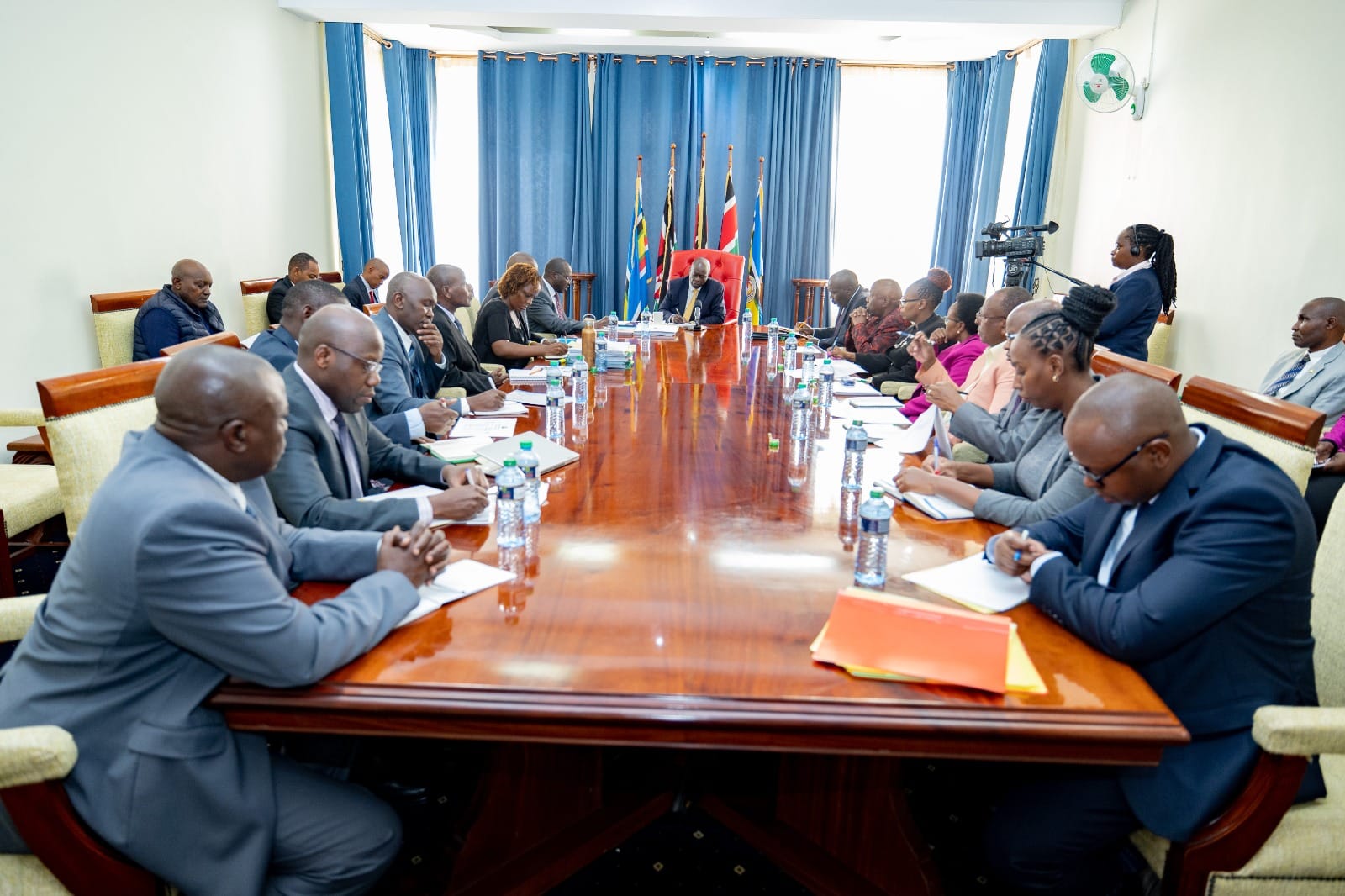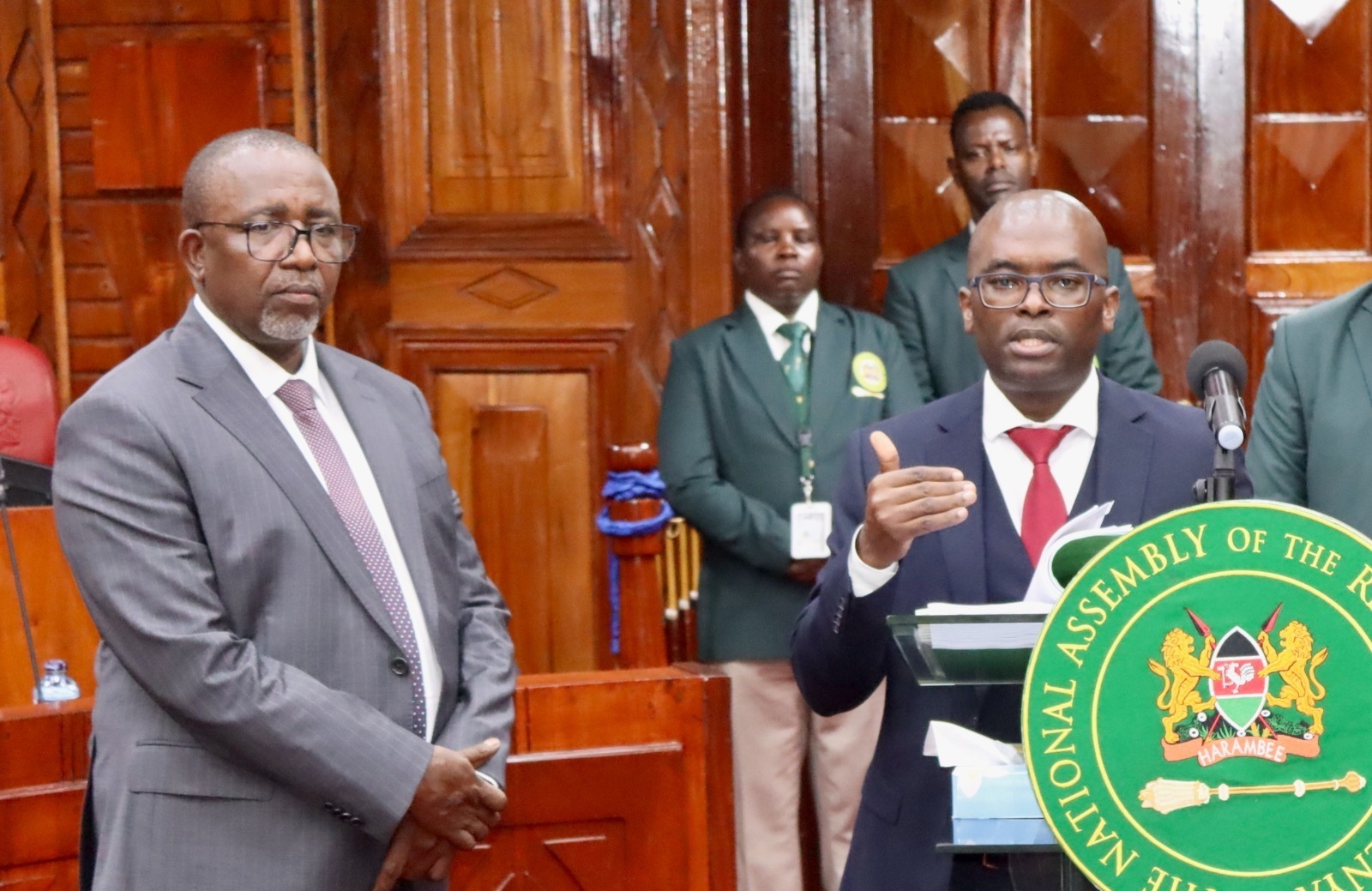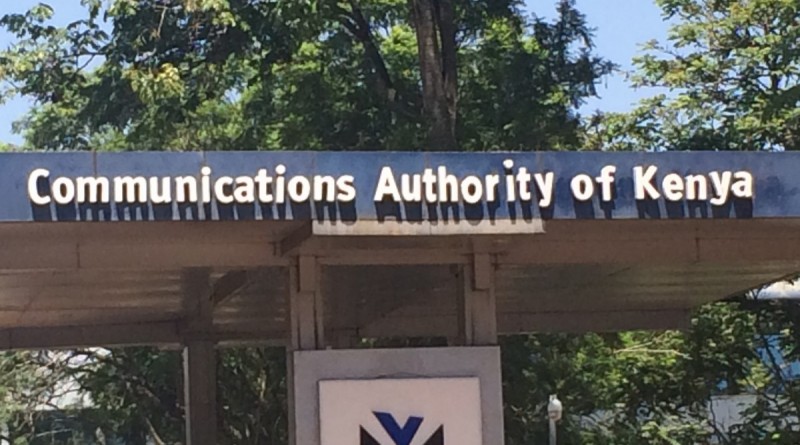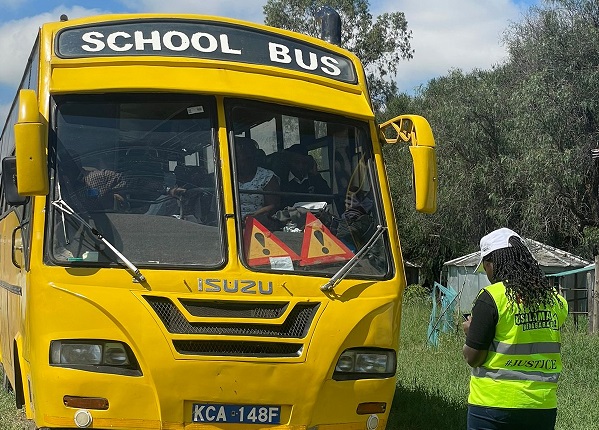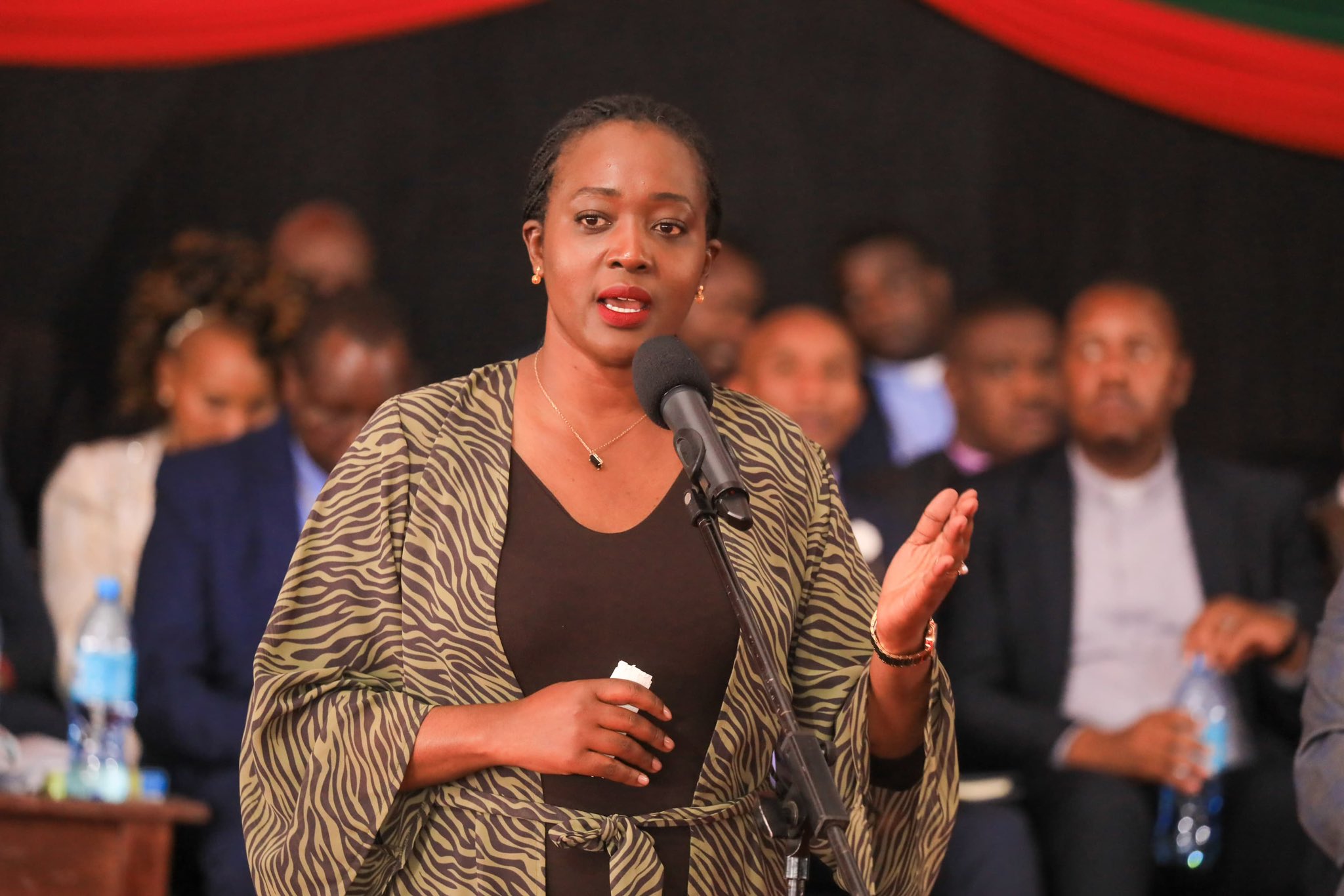Frameworks to support coffee sub-sector reforms will be ready before the end of the year, Deputy President Rigathi Gachagua has announced.
Speaking when he received various documents from stakeholders on Thursday at the Karen Official Residence, Nairobi, Mr Gachagua said the reforms will restore the lost glory of the crop and improve the life of the farmer.
The documents handed to the Deputy President were Meru Coffee Reforms Conference Metrics and Roadmap, draft sessional paper Number one of 2023 on sustainable quality coffee production for food security and wealth creation, the coffee bill 2023, the Draft Co-operatives Bill 2023, and the Sessional paper No. 1 of 2020 on the National Co-operative Policy.
Gachagua mentioned that, among other institutional reforms, the government targets to revive the Coffee Board of Kenya and the Coffee Research Institute. This is alongside strengthening the New Kenya Planters Co-operative Union (NEW KPCU).
"I thank you for your commitment and passion to get sustainable reforms in the coffee subsector with a view of restoring the dignity of the Kenyan coffee farmer. Because the subsector was working initially, I am so confident that we will succeed. We just need to know where the rain began to beat us and trace our steps to see what we were doing when we got it right so we can do something similar or even better to get better results," he stated.
Read More

The DP noted that some of the proposals will be made into law adding that farmers would support the reforms because they have been involved.
Led by Cabinet Secretary for the Cooperatives & Micro, Small and Medium Enterprises( MSME) Development Simon Chelugui, the team of stakeholders handed to the Deputy President its report and recommendations on implementation of the resolutions made by coffee farmers during the conference held in Meru early in the year.
Among the team's recommendations, is an amendment of the Coffee Bill which is pending in Parliament, amending the Cooperatives Act and streamlining of the governance of cooperative societies.
Another proposal is amalgamation of coffee cooperative societies that are not economically viable.
"We must come up with economically viable cooperatives and threshold for election of leaders and officials of the societies. If we do not look at the Cooperative Act, we won't get anywhere because there are serious governance issues," remarked Mr Gachagua.
The Deputy President will next month lead a delegation of coffee farmers, stakeholders and government officials to Columbia to attend the World Coffee Conference, where they will also learn the best practices of farming the commodity.
He said the Government intends to increase coffee production from the current 50,000 metric tonnes annually to 200,000 metric tonnes within five years.
